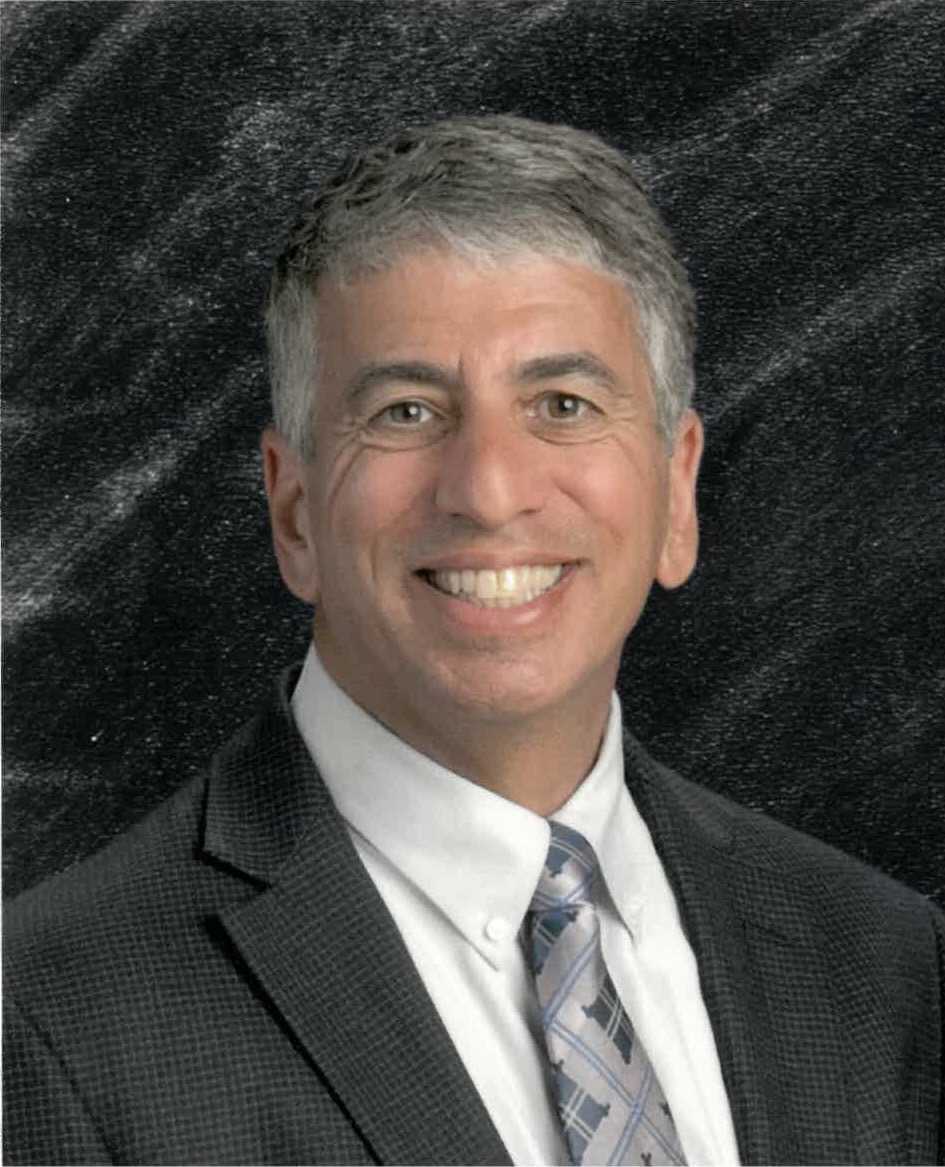PRECALCULUS

A. Payment by check
Checks should be made payable to AP Seminars Silicon Valley
2625 Swanson Way
Mountain View, CA 94040
So that we can correctly match payments to registrations, all mailed payments should be accompanied the Invoice/Transmittal Form. This form is not a registration form and does not substitute for the participant having filled out the Online Registration Form.
B. Payment by credit card (VISA, MasterCard, Discover, or American Express).
Payment by credit card can be made in one of two ways:
1. Use the Payment of Fees Form. This is a secure (locked) online form. Identifying information should be for the teacher, not the district (we need to be able to match this form up with the registration form). Use Item #8 to provide any additional information (such as who to contact with questions, etc.). Please do not fill out the Online Registration form for this purpose.
In order for the data to be transmitted correctly, it is very important that VISA, MasterCard, and Discover numbers be formatted as follows: ####-####-####-####. American Express should be formatted as follows: ####-######-#####. The date should be formatted as follows: MM_YY (no slash between MM and YY!)
2. Fax a copy of the Invoice/Transmittal Form to AP Seminars at 650-967-7388. There is space on that form to enter credit card information.
C. Payment by PayPal
Use the PayPal button below. Since the PayPal submission will have the district identifying information on it, please follow up your payment by notifying AP Seminars of the teacher for whom the payment is being made. The easiest way to do this is by email to apseminars@comcast.net
Questions?: Contact Duane Hinders at 650-964-3082 or at apseminars@comcast.net.
Description of AP English Language Workshop
This workshop is designed for AP English Language and Composition teachers and will focus on methods for teaching synthesis, argument, and analysis of texts and visuals. Participants will work individually and in groups with AP multiple choice questions, free response essays, rhetorical analysis and non-fiction texts. From the session, participants will be able to create or enhance an AP Language Syllabus. We will also discuss the relationship of our AP* course to AP English Literature. A major focus will the new College Board resources and recent changes to the AP English Language and Composition Exam.
Technology
If you have a computer or tablet, please bring it. Although having technology access in the classroom is not required, past participants have stated that it is helpful. You will have access to a computer lab, and our class will have one session in the lab for exploring electronic resources on a provided flash drive.
Please read and bring The Lost City of the Monkey God and two editorials by your favorite journalist.
Proposed Syllabus
DAY 1
• Goals of Workshop, Introduction of Participants
• Course and Exam Description Binder
Binder Components:
The Course Skills chart
The Course at a Glance page
A Unit at a Glance page
A walk through of the first unit
The “Teaching the Course Skills” section of the “Instructional Approaches” tab
The Exam information
• College Board Equity Policy
• Overview of AP English Language and Composition Exam
Past five prompts
• Changes to AP English Language and Composition Exam for 2019
• New Instructional Resources (Opening August 1)
• Strategies for Developing Critical Thinkers
• Multiple-Choice Strategies, Group Analysis of Question Types
• Close Reading Strategies
• Introduction to Analysis/Analysis Menu
• Say/Does Analysis
• Holistic Scoring, 2018 Question 2, Rhetorical Analysis
• UBD Lesson Planning (Model: “Tomatoland”)
(Complete Lesson Development in evening)
Day 2
• Sharing of Lesson Plans
• Discussion of Writing Assignments (Creative, On Demand, Analysis, Research)
• Composition Tips, Diagnostic Portfolio, New College Board Scoring Guide and AP composition expectations
• New Six-Point Rubric
• Lego Activity
• Complete Discussion of 2018 Question 2, Rhetorical Analysis
• Strategies for Teaching Satire/Horatian or Juvenalian
• Group Work: Analyze Rhetorical Devices in a JFK Speech
• Lab Assignment: Enhance Classroom Instruction (Selecting Lessons/Resources for Your Classroom
Day 3
• Sharing of Lab Assignment
• Holistic Scoring, 2018 Question 3, Argument
• Strategies for Teaching Argumentation (Sharing of Editorials)
• Research Strategies
• Personal Progress Checks (New Resource)
• Discussion of The Lost City of the Monkey God and The Library Book
• Discussion of Handling the Paper Load
• Fall Registration Overview
Day 4
• 2018 Question 1, Synthesis Holistic Scoring
• Strategies for Teaching Synthesis
• Visual Rhetoric Resources and Strategies
• Work on Creating a New Lesson or Revising Syllabus
• Reflections and Seminar Evaluation
PRECALCULUS
